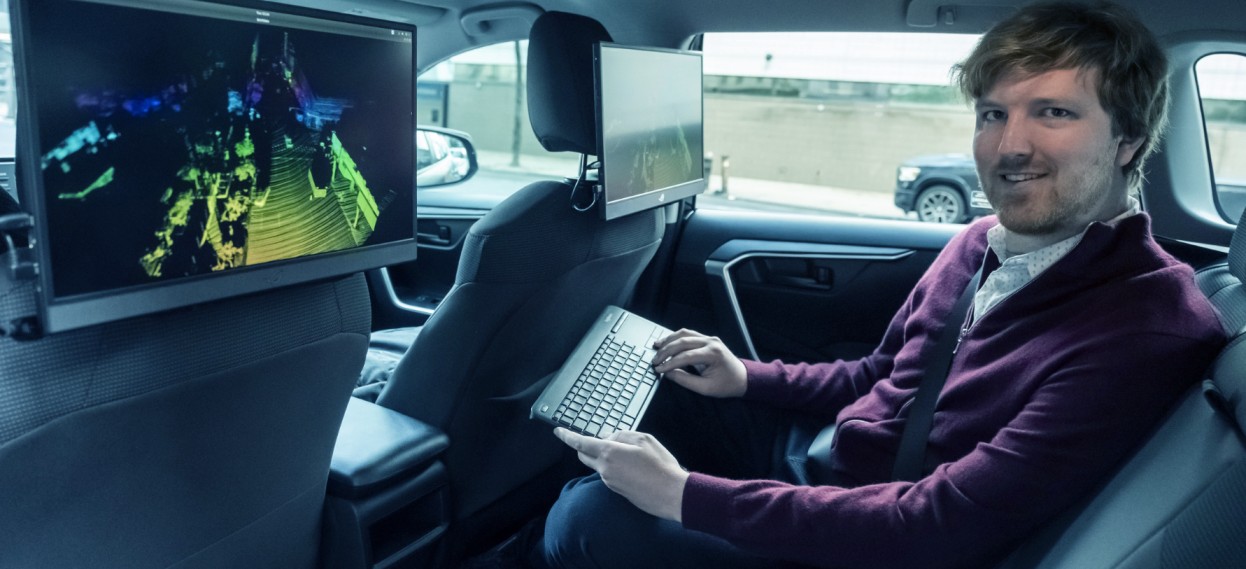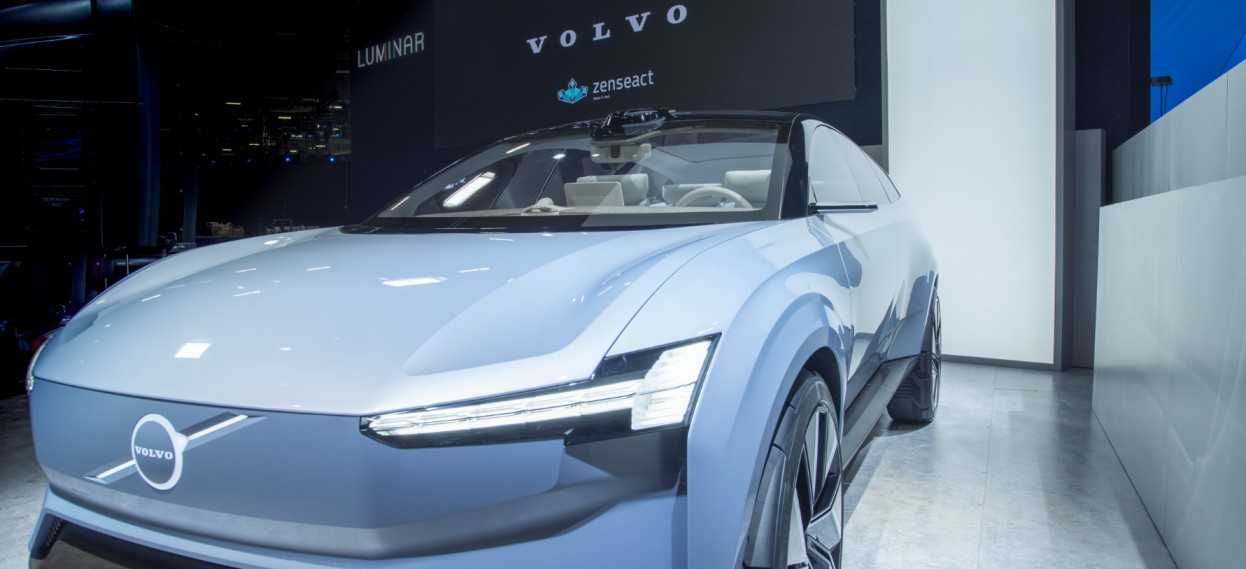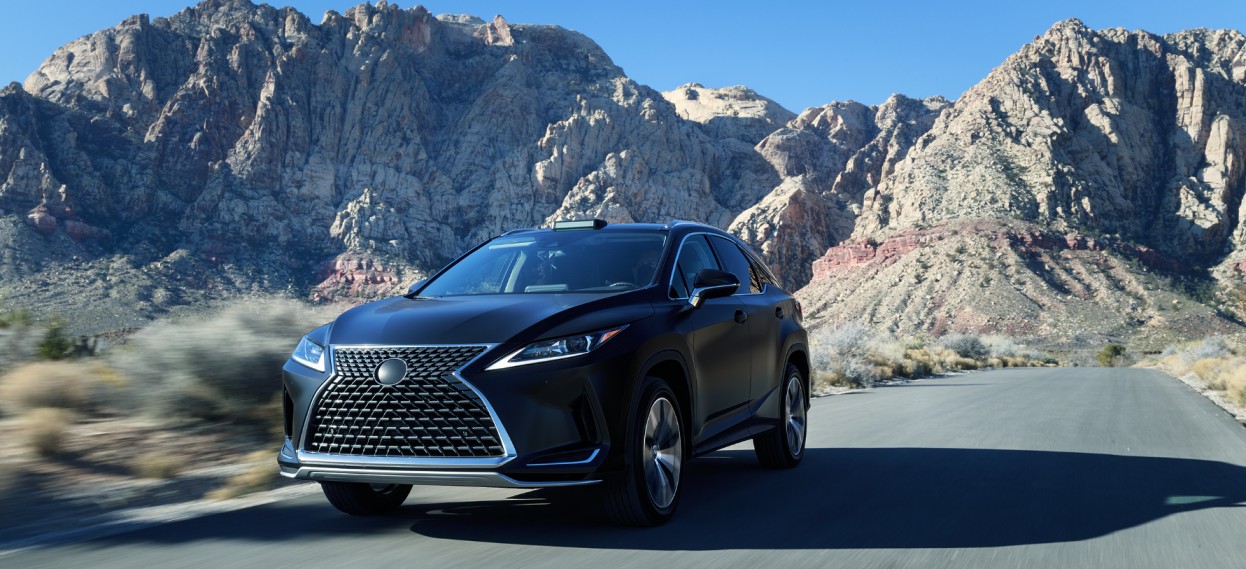
Luminar is a global automotive technology company focused on autonomous vehicles (vehicles capable of sensing its environment without human involvement). They built a new type of lidar sensor and software stack that meets the demanding performance, safety, and cost requirements for Level 2 through Level 5 autonomous vehicles. Their autonomous solutions have led to global partnerships with top global OEMs including Volvo and Mercedes Benz.
Here Are Levels Of Autonomy Defined


Safety As The Top Priority
Approximately 1.3M people die globally in road crashes each year and for this reason, Luminar has placed safety as its top priority and uses lidar to help build the ‘uncrashable car’. In 2021, Luminar launched a new product, Proactive Safety which is an integrated hardware & software solution that provides higher-confidence detention and proactive collision avoidance at high speeds. The goal is to significantly reduce road accidents and move towards a vision of being an uncrashable car even before the driver is taken out of the loop at the Level 0, 1 and 2 of autonomy (no automation – partial automation). Additionally it is a building block for Levels 4-5 of autonomy (high automation – full automation).
Global regulators, including the US National Highway Traffic Safety Administration, have developed new car assessment programs (NCAP) to help consumers understand certain capabilities of the vehicles in the market. Crash avoidance features are identified or evaluated under these programs through certain test procedures. Luminar acknowledges the important role of these programs and advocates for even more aggressive testing requirements. Luminar’s technology can raise the bar on safety testing to address a wider set of traffic scenarios, such as different lighting, weather conditions and the presence of vulnerable road users. These advances will drive safer vehicles onto the roads and reduce the impact of traffic accidents.

Driving Affordability In The Electrification Of Mobility
Affordability is key to making life-saving crash avoidance technology available across all vehicle models. Luminar units currently sell for $1k compared to market competitors that are $50K+. Despite the lower price point, the initial market is more for premium cars that can absorb $1k into the ASP. They have a cost roadmap that looks at how to achieve penetration in the mass market by winning early designs and achieving economies of scale.
Additionally, as lidar reduces the number of accidents, there is an opportunity to relocate the cost going into repair damage, hospitalizations and insurance premiums and give it back to the customer and OEMs. This may enable Luminar to take down the cost of LIDAR in exchange for enrollment in an insurance program. This reallocation of the economic value of where insurance is today will lead to significantly lower LIDAR costs and help democratize safety for every car on the road.

Transparent Education For Policymakers And The Public
Luminar’s team views it as their responsibility to educate policymakers and the public on what autonomous technology is, what it is not, and how it can be used. This is critical to the understanding and adoption of the technology, and a necessary precursor to unlocking its benefits to traffic safety. In 2021, Luminar joined The Partners for Automated Vehicle Education (PAVE) which is a coalition of industry, nonprofits, and academics focused on bringing the conversation about automated vehicles (AVs) to the public so everyone can play a role in shaping the future. Luminar also is very engaged with policy makers, including the US National Highway Traffic Safety Administration (NHTSA) as they raise the bar on vehicle safety globally.

